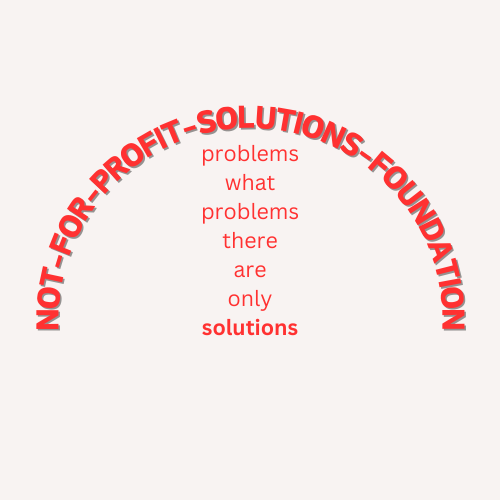
In the race to accommodate a growing population and satisfy the ever-increasing demand for housing, it seems that we have created a paradoxical situation. While new homes are being constructed at an unprecedented rate, a significant number of them remain unoccupied. This phenomenon raises questions about the sustainability and efficiency of our housing industry. In this blog post, we delve into the issue of excessive building and the implications of empty homes.
It is no secret that the housing market is booming. Developers are erecting towering apartment complexes, sprawling suburban neighborhoods, and luxurious mansions in every corner of the globe. However, what often goes unnoticed is the high vacancy rate that accompanies this construction frenzy. According to recent studies, a considerable percentage of newly built homes are left unoccupied due to various reasons such as speculative investment, financial constraints, or simply as second or vacation homes. This surplus of empty houses not only represents a wasted resource but also exacerbates the problem of housing affordability for those in need.
The consequences of this excessive building and unoccupied homes are far-reaching. From an environmental standpoint, the construction industry is a significant contributor to carbon emissions and resource depletion. The unnecessary building of homes only exacerbates this problem, as it consumes vast amounts of energy and materials without fulfilling its purpose of providing shelter for individuals and families. Furthermore, the economic impact cannot be ignored. The resources invested in building and maintaining these empty homes could be redirected towards more pressing needs such as infrastructure development or affordable housing initiatives.
It is high time we reevaluate our approach to housing development. Instead of mindlessly constructing new homes, we should focus on repurposing and revitalizing existing structures. This not only reduces the strain on resources but also promotes sustainable living. Governments and policymakers must encourage the conversion of empty homes into affordable housing units or community spaces, ensuring that the housing stock is utilized efficiently. By adopting a more thoughtful and strategic approach to housing, we can strike a balance between meeting the growing demand for homes and addressing the issue of unoccupied properties.
Let's join hands in advocating for a more sustainable and equitable housing industry. Together, we can push for policies that prioritize the repurposing of empty homes and steer away from excessive building. Share your thoughts on this issue and explore innovative solutions to the housing paradox. Together, we have the power to create a brighter future for housing.
Tags:
